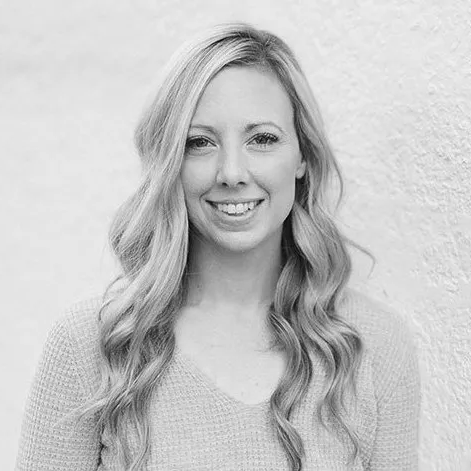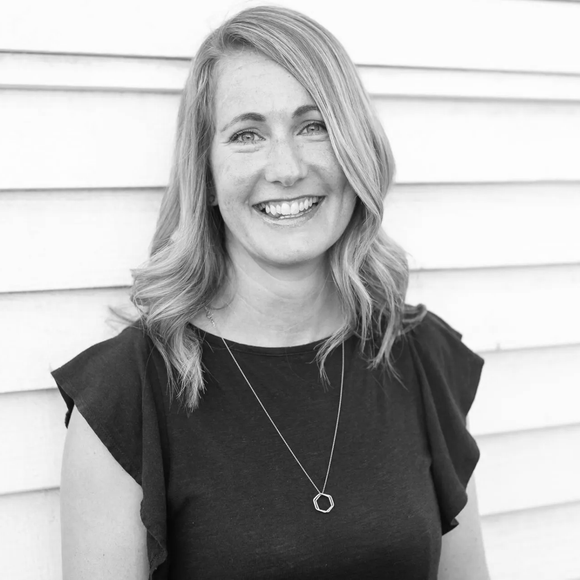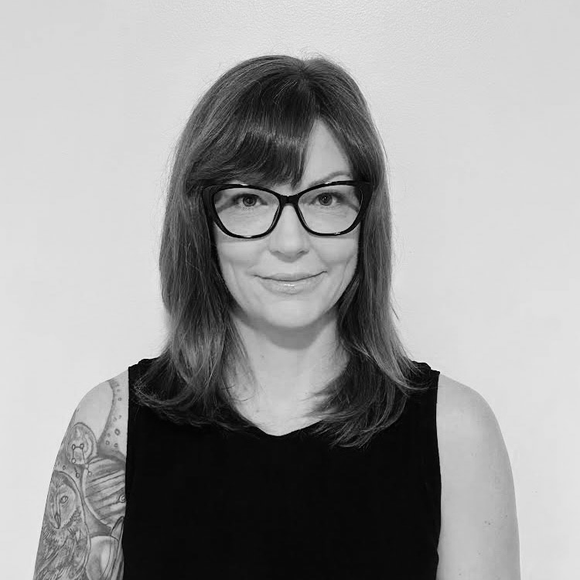By Christina Henderson
•
June 4, 2025
I often struggle with the concept of clinical diagnosis, in particular the common ones in our culture: anxiety and depression. My issue is simple: we too often take normal and valid feelings, that are part of the human experience, then medicalize them as problematic. The response then is to “get rid of” rather than be curious about what these emotions are trying to communicate to us. I have my own experience with on-again, off-again depression. When it’s at its worst, I’d certainly meet clinical criteria: a sense of hopelessness, low mood and motivation, isolation, wanting to sleep a lot but finding it evasive, lack of enjoyment for anything I have loved. You know the drill. But when we start to untangle the why, really look deeply at the list of ingredients making up this soup of depression (or anxiety or other struggles), we begin to realize that these feelings, in fact, make perfect sense. And they are trying to communicate something to us that deserves a listen. Rather than banish the depression or ignore the anxiety, we need to dig a little deeper. And your unique blend of experiences, or your soup (if you will), will help you figure out what you need to do to take care of yourself better. In my case, depression is almost ALWAYS trying to tell me I’m burnt out. It is the only part of me that will put me to bed, remove all pressure for productivity or replying to messages or emails. It wants or needs nothing from me except rest. Clients I work with might notice their depression is driven by underlying shame, or by feeling lost or stuck in their life. They might be carrying grief from losses not yet named or processed. Anxiety too- the world is a scary place right now, and we are so overly exposed to global and local traumas. Perhaps you didn’t feel safe in childhood and that fear has been carried in your body in your adult life. Perhaps you really are in an unsafe situation and your fear is trying to communicate this lack of safety to you. What I am trying to say is… A diagnosis of depression or anxiety does nothing to improve our well-being on a deeper level. We must become detectives of our own suffering. Only then can we learn to move with more self-compassion and grace, to set boundaries when needed, to let go of what we cannot control, to figure out what specialists we may need to see, to rest when we need to, to grieve the losses of our lifetime, and to feel the fears of uncertainty that we all face, every single day. This is where counselling helps. This is what we do. We help you untangle the mess, learn your ingredients, heal what needs to be healed so you can do what you need to do to feel better. Or to simply be with yourself more kindly when it hurts. Sending love, Christina











